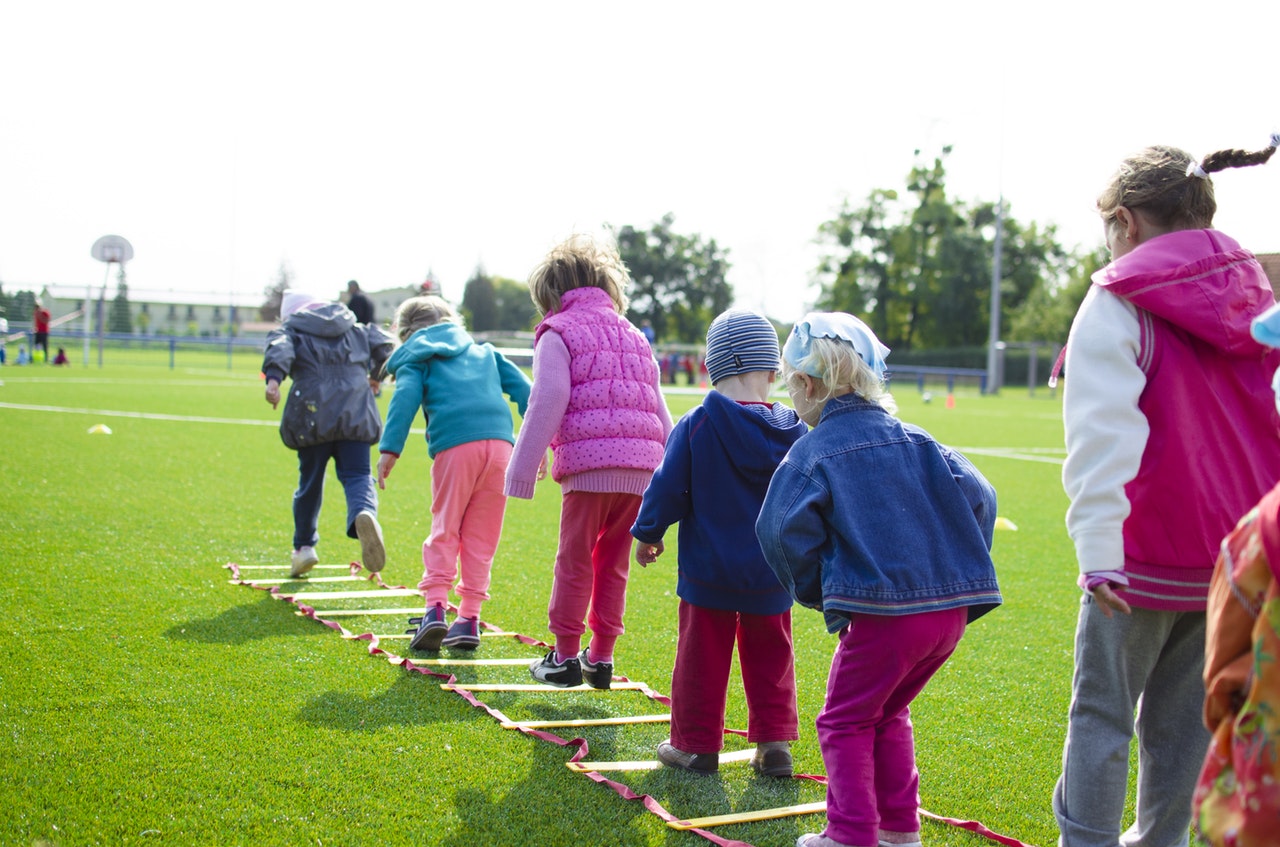A new study premised on evolution has suggested that nations with a tradition of keeping large families have lower rates of cancer. The human race is naturally configured to live in groups, with survival being the key benefit of such a configuration. However, there are other apparent justifications and reasons, as well as unclear ones.
Perhaps no one ever thought of this discovery as a benefit of living together, but this new study is saying that individuals that are part of a big family – with several siblings, aunts, uncles, and children – may have a lower risk of the major disease.
The evolutionary medicine professors in Switzerland and Australia, who constitute the team of researchers, based the research on the United Nations data by charting average family size and disease occurrence, and finding a clear link. They identified several underlying factors, but the key out of these is probably the emotional environment that exists within families having a significant influence on the risk of the disease. A stronger correlation was even observed among subjects below the age of 50.
Speaking to one of the top dailies, Professor Frank Ruhli, Director of the Institute of Evolutionary Medicine at the University of Zurich, said, “From an evolutionary perspective, cancer is a very interesting disease because it’s increasing in incidence.” He continued, “We wanted to look at what could be done, what factors could be checked for, whether there were patterns or not.”
In collaboration with researchers at Adelaide University, his team collected and sorted data from UN agencies across 178 countries. Parameters of interest were fertility rates, household size, cancer rates, cancer types, life expectancy, wealth, and biological state index – a measure of the reproductive potential of the subjects. The average family size was determined via the assessment of the number of children a woman in that particular region is capable of having in her lifetime. Then the figures were graphed against the cancer rate data, producing a clear line that is not dependent on urbanization, age, or income.
It was observed that regions that have women with more kids had lower cancer rates. They were able to link larger family sizes to lower risks of cancers of the bladder, lung, breast, ovaries, brain, cervix, colon and rectum, stomach, and melanoma. This is sort of expected for women; with numerous pregnancies comes an increased risk of breast cancer, but a corresponding reduction in the risk of other cancer types.
What is fascinating, however, is that the study found men as the greatest beneficiaries from being part of a large family, with regards to cancer. And this constitutes part of the reason behind Dr. Ruhli’s emphasis on the emotional aspect of families, suggesting that there is an element of protection in living together within the same community. According to Dr. Ruhli, “Social interaction has an impact on our wellbeing.” He continued, “it’s certainly a major factor for multiple reasons: behavioral because we act differently; we feed ourselves differently; we have different sexual behaviors; we have different interactions with other people; we take [different kinds of] risks.” This study is in line with the recent research and recorded progress in the study of loneliness and all of its aspects.
Although the pack mentality is accepted far and wide, there was one great psychology, dating back a hundred years, and which suggested that children would be tougher if they were left to survive on their own emotionally and physically. Hence, it is not surprising that no single literature was done on PTSD, in spite of multitudes that survived the travails of the World Wars, and that there is an increased concern surrounding mental health in the modern era.
More studies have come up confirming how influential, physically and emotionally, human interaction can be on an individual. Poor mental health has also been identified as the cause of high blood pressure and an increase in the risk of major diseases. It is even more exaggerated with the advent of social media, with teens trying to fight increasing levels of anxiety by supplementing real contact and interaction with the internet.
The new study offers quite exciting insights; however, there are limitations as well. The investigation stops at the level of countries, and nothing closer. Going deeper is difficult, as indicated in the report of the study, which reads: “it is nearly impossible to test the relationships at the individual family level due to rare occurrence rate of cancers, and even rarer in some individual site-specific cancers, such as ovarian cancer.”
According to Dr. Ruhli, subsequent investigations will seek to explore and study smaller units, with the aim of getting a deeper connection, if one exists.
Source: DailyMail)
 Based on +200
reviews
Based on +200
reviews




